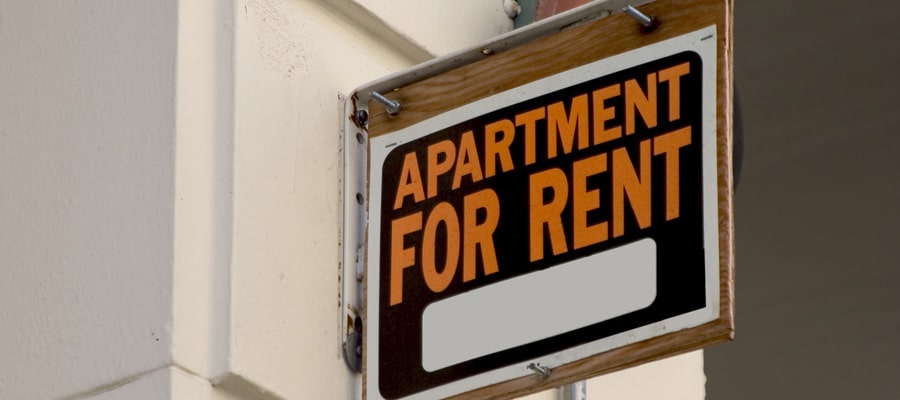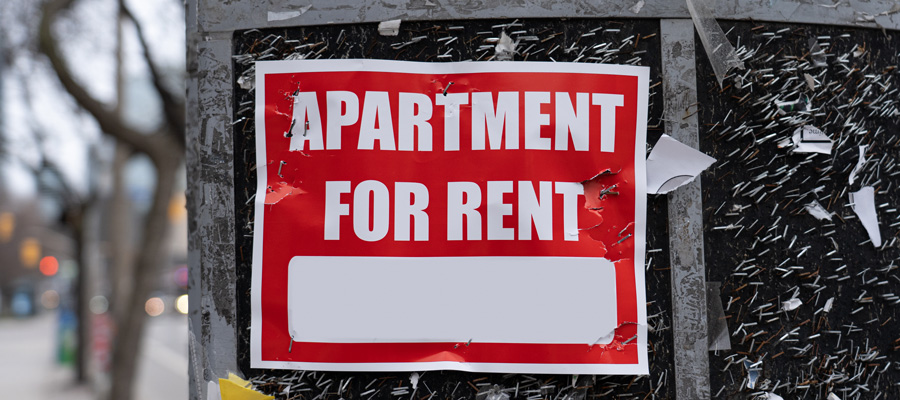Vacancy control: taking the next step on housing affordability

Recently, two Ontario-based Real Estate Investment Trusts (REITs) purchased 15 Vancouver apartment buildings for $292 million from Hollyburn Properties. Tenants in those buildings, totaling 614 units, now face a massively elevated risk of being evicted by absentee landlords so that higher rents can be charged to new tenants.
Tenants should be concerned because of a significant loophole in BC’s rent controls. While rent increases for existing tenants have long been regulated, once a tenant leaves rents can be increased to whatever the market will bear. (Under the earlier BC Liberal government, landlords could increase rents on existing tenancies by the rate of inflation (as measured by the Consumer Price Index) plus 2% each year. This was changed to limit increases only to inflation by the NDP-Green coalition government.)
The effect of this loophole is significant: average rents in Metro Vancouver surged almost 50% between 2008 and 2018 despite limits on annual increases for existing tenancies. Prior to COVID-19, rents for prospective tenants were more than 20% higher than average rents for all units—a “moving penalty” that leads to financial strain and hardship if someone is forced to move due to renoviction, and not moving when there are changes in family size or needing to leave an abusive relationship.
CCPA research estimated that in 2018 you needed to earn almost $27 an hour working full-year full-time to afford a one-bedroom apartment in Metro Vancouver (with affordability set at 30% of your income). For a two-bedroom, this rental housing wage rose to $35 per hour. Closer to downtown, the necessary wage to afford an apartment was much higher. These high rents show that BC’s rent control policies are not working as well as they should.
Tenants should be concerned because of a significant loophole in BC’s rent controls.
To achieve better outcomes for renters, BC needs to reintroduce vacancy control, which existed from 1974 to 1983. Vacancy control ties rent to the unit and means landlords can’t hike the rent when a renter moves out and the tenancy turns over. Vacancy control would not only constrain rent increases overall, it would also cut out the possibility of renovictions since rents cannot be jacked up when a new tenant moves in.
Such a shift in favour of renters would make purpose-built rental housing less attractive to profit-seeking investors like REITs, in which investors get a share of the stream of rental income from properties. To boost revenues, REITs typically displace renters who occupy long-held, rent-controlled apartments through renovictions—spending some money on upgrades in order to evict those tenants and replacing them with new renters paying much higher market rents.
So far the presence of REITs has been limited to only 3-4% of purpose-built rental buildings in Metro Vancouver, according to CMHC. In 2016, just over half of purpose-built rental units in Metro Vancouver were owned by private corporations, one-third by individual investors and 7% by the public sector. Rental housing in the secondary market (suites and rented condos) tends to have individual owners.
COVID-19 and the rental housing market
COVID-19 has shown us how renters are vulnerable to eviction due to loss of income. Renters have lower average incomes than homeowners. Our CCPA-BC survey of BC households during the pandemic shutdown period in 2020 revealed renters were often financially precarious, with nearly one third saying they had less than a month’s savings to survive on and nearly two thirds having two months savings or less.
Metro Vancouver’s vacancy rate increased from 1.1% in 2019 to 2.6% in 2020 due to COVID-19, and market rents for prospective tenants have fallen somewhat as demand from foreign students and other visitors dried up. But this is a temporary reprieve that could reverse as early as this fall.
Three important policies were brought in by the BC government to address this perfect storm for renters: an eviction ban, rental supports for low-income households and a rent freeze. Both the eviction ban and rental supports ended in August. The BC government has promised to prevent rent increases until the end of 2021.
Rents for households that need to move are 21% higher than the average for existing renters, according to CMHC. So even with no rent increase permitted, the average rent in Vancouver still increased by 2% in 2020 due to turnover and the higher rents in new units coming on the market.
Unfortunately, neither the BC nor federal governments track evictions, but anecdotally groups like the Vancouver Tenants Union report that evictions for non-payment of rent have surged since the provincial eviction ban ended in mid-August.
Rent controls and housing investment
Vacancy control will be predictably and vigorously opposed by groups like Landlord BC, which has been making the contrary (and obviously self-serving) claim that removing rent controls altogether is a solution to the crisis.
Eliminating rent controls, it is argued, will spur more new rental housing construction. However, low- to moderate-income households are simply not profitable for private sector developers, and rents for new market builds are too expensive for the majority of renters. For example, an $1,800 per month one-bedroom apartment is only affordable (at a maximum 30% of income) to households making more than $72,000 per year.
In a tight rental market with very low vacancy rates, removing rent controls amounts to a blessing on excess profits (or windfall gains) bestowed on those with the good fortune to own property.
While vacancy control would eliminate the potential for predatory investing in rental housing, the development of rental housing still provides a stable, predictable and growing income stream into the future—something widely sought by investors. The owner of a newly constructed rental building in BC can charge whatever the market will bear for those units.
Vacancy control merely limits the potential for rents to rise by more than the rate of inflation, along with provision for upgrades and repairs.
Other rental housing solutions
Too much of the conversation about housing hinges on a dominant model of private development of market rental units. Instead, a major building program of non-market rental housing would also help keep a lid on rents. We estimate 10,000 new units per year are needed in Metro Vancouver. A non-market approach can cut out developer profits to lower costs, and could be twinned with policies that reduce or eliminate parking requirements and use government-owned land to produce new units at much more affordable rents.
In terms of market rental housing construction, the challenge is that it is far more profitable for developers to build condos than rental. This is largely an artifact of tax and regulatory policies, not rent control. Much of the current situation can be linked to tax policy reforms, and legislative changes permitting condos as a form of ownership housing, back in the 1970s. Rolling back some of the huge tax advantages given to ownership housing could help even the playing field for rental housing. The federal government also stopped building non-market housing in 1993 and the BC government in 2002. If they had continued, BC would have substantially more affordable housing supply today.
Both levels of government have been getting back to work in recent years and this needs to be ramped up. Altogether, more effective tools to limit rent increases, like vacancy control, need to be combined with a massive building program of non-market housing, which would represent an important one-two punch to regulate and manage affordable housing supply for people who live and work in the city.
This post is a part of an ongoing research project into affordable housing funded by the Vancouver Foundation.
Topics: Housing & homelessness


